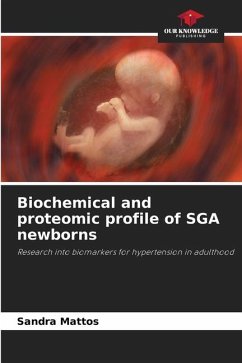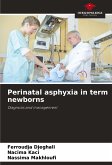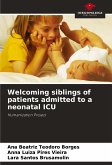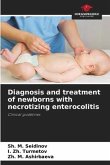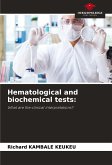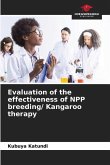Barker's hypothesis of fetal programming for chronic non-communicable diseases proposes that an adverse environmental stimulus such as nutrient or oxygen restriction during a critical period of fetal development induces structural and functional effects in the developing organism, optimizing the growth of key organs such as the brain, at the expense of other organs such as the beta islets of the pancreas. In anticipation of an extra-uterine environment with low calorie intake, the fetus makes adaptive changes that lead to metabolic alterations aimed at guaranteeing a better chance of survival. Despite the considerable amount of evidence accumulated on this "intrauterine programming", the mechanisms determining this programming are still not completely clear. Considering its morbidity and mortality worldwide, the search for knowledge that can lead to earlier identification of patients at risk could lead to the promotion of significant changes, not only in improving the health conditions of these individuals and future generations, but also in reducing the costs of the Health System.
Bitte wählen Sie Ihr Anliegen aus.
Rechnungen
Retourenschein anfordern
Bestellstatus
Storno

